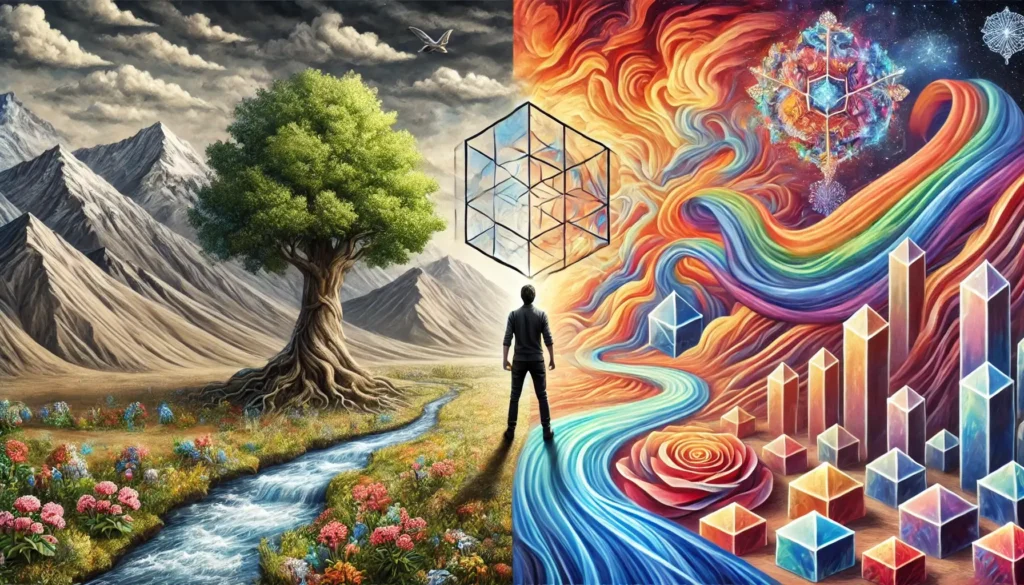Postcolonialism Explained: Blaming the Past for Today’s Problems
History as a Permanent Excuse
Colonialism ended decades ago. Yet in today’s academic and activist circles, it never really died — it just got repackaged as Postcolonial Theory. The idea is simple: if something goes wrong in a developing country today — poverty, corruption, inequality — blame colonialism.
Sure, colonialism left scars. But postcolonialism turned those scars into a permanent excuse. The past isn’t just remembered; it’s weaponised. And in this framework, leaders, institutions, and whole nations are encouraged to play the role of eternal victims.
Table of contents
The Core Idea of Postcolonialism
At its heart, postcolonialism argues:
- Colonial powers exploited weaker nations.
- That exploitation explains today’s problems.
- Therefore, responsibility lies with the former colonisers, not current leaders or systems.
This narrative sounds empowering — “we see the hidden injustice.” In reality, it often traps societies in the same oppressor/victim binary we’ve seen in Critical Race Theory, Gender Theory, and Queer Theory.
The Victimhood Trap
Postcolonialism doesn’t just analyse the past — it encourages countries to wear victimhood as an identity.
- Blame the colonisers: Every crisis is a hangover from colonialism.
- Ignore local agency: Corruption, bad policy, or mismanagement get written off as secondary.
- Perpetual suffering: If your problems are always historical, you never have to fix the present.
It’s grievance culture scaled up to a national level.
The Myth of the Golden Past
One of postcolonial theory’s favourite tricks is idealising the pre-colonial world. According to this narrative:
- Before Europeans arrived, societies were peaceful, equal, and just.
- Colonialism destroyed paradise.
The reality? Pre-colonial societies had war, slavery, inequality, and oppression too. Colonialism was brutal, but rewriting history into “pure victims vs. pure villains” is just bad history — and convenient politics.
From Academia to Activism
Like all Critical Theory spin-offs, postcolonialism started in universities — long papers, heavy jargon, and endless conferences. But it didn’t stay there.
- NGOs use postcolonial framing to argue for reparations and aid.
- Politicians invoke colonial guilt to dodge responsibility.
- Activists deploy it as part of the larger “justice” vocabulary: climate justice, refugee justice, postcolonial justice.
It’s not just theory — it’s a political tool.
Ignoring Today’s Real Power Structures
By obsessing over colonial history, postcolonialism often ignores present realities:
- Globalisation: Modern trade, finance, and tech giants wield far more influence than old colonial powers.
- New Empires: China, Russia, and regional blocs exercise power that doesn’t fit the “West vs. colonies” story.
- Domestic Failures: Corruption, poor governance, and authoritarianism can’t all be blamed on 19th-century Europeans.
The world has moved on — but postcolonialism hasn’t.
Who Benefits?
Like every Critical Theory framework, postcolonialism creates winners:
- Academics: Careers built on jargon-heavy critiques of “colonial narratives.”
- NGOs: Permanent funding streams justified by colonial guilt.
- Politicians: Easy scapegoats for domestic failings.
And who loses? Ordinary citizens, who are told their problems are unsolvable because of history — not because of leaders mismanaging the present.
History Matters, But So Does the Present
Colonialism was real. Its effects were real. But postcolonialism weaponises history into an endless excuse, turning whole societies into passive victims of the past.
The irony? By constantly blaming yesterday, postcolonialism prevents solutions today. Nations don’t need another theory telling them why they’re stuck. They need the freedom — and responsibility — to move forward.
FAQ: Postcolonialism
Q: What is postcolonialism in simple terms?
It’s a theory that blames modern problems in formerly colonised countries on their colonial past.
Q: Why is it controversial?
Because it turns history into a permanent excuse, ignoring present-day failures and new power dynamics.
Q: Who promotes postcolonialism?
Academics, NGOs, and politicians who benefit from framing issues as colonial legacies.
Q: Isn’t colonial history important?
Yes — but it’s not the whole story. Today’s problems also come from local choices, governance, and global realities.
Q: What’s the danger of postcolonialism?
It traps nations in victimhood, fuels grievance culture, and distracts from solutions.



